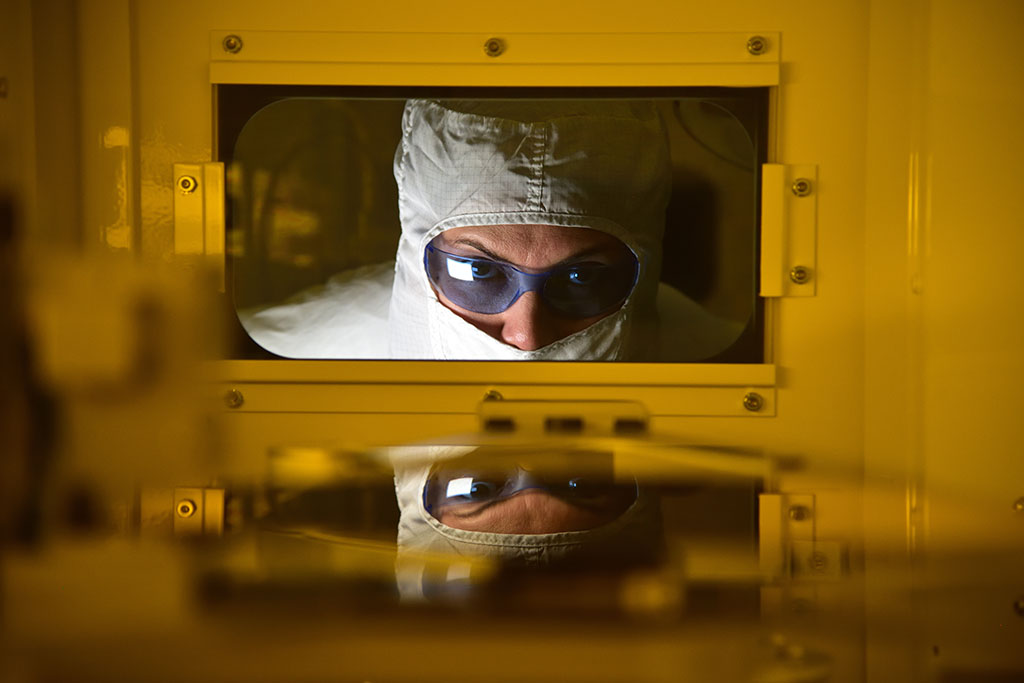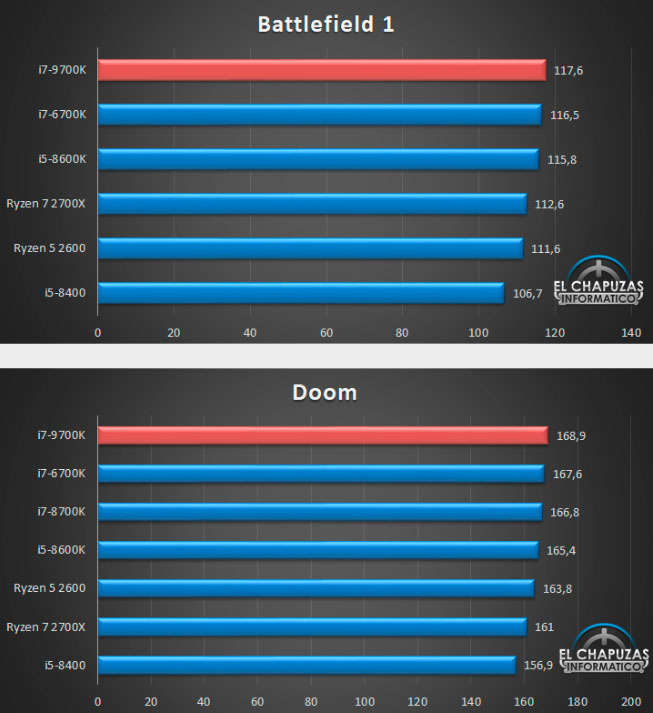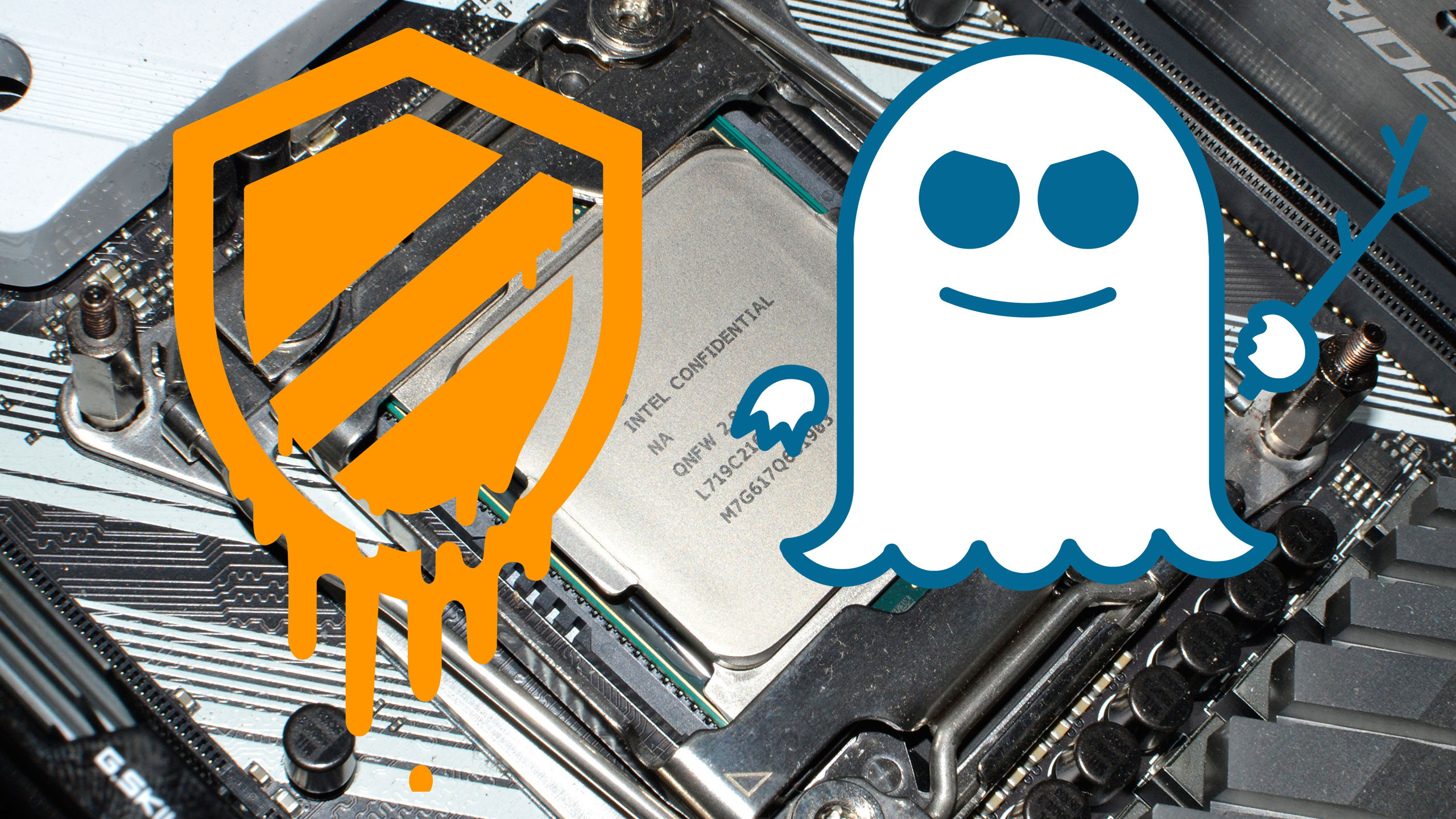Intel Core i9-9900K: 9th generation Core CPU pricing, specs, and everything we know
All the juicy nuggets on Intel's upcoming 9th generation Core processor launch.

Following a plethora of leaks, Intel has finally launched its 9th generation Core processor family, or at least the ones that get to sit at the head of the table and surrounding areas. For now, Intel is kicking things off with its three top-end SKUs: Core i9-9900K, Core i7-9700K, and Core i5-9600K. More SKUs will follow at some point, but for the time being, Intel is focusing on its three burliest options in the mainstream desktop space. Here's what we know about them.
Codenames, architectures, and process nodes
Let's start with talking about what Intel's 9th generation Core lineup is, and is not. Falling into the latter category is Cannon Lake. That will be the real generational leap when it arrives in volume, after Intel works out the kinks and improves yields in its 10-nanometer manufacturing process. The most recent update from Intel has Cannon Lake shipping in volume to customers during next year's holiday season (so think November or December). This is not that.
So what is it? Intel's 9th generation Core lineup is essentially yet another optimization in the company's 'process, architecture, optimization' cadence that took the place of its previous 'tick-tock' schedule. Applied retroactively, Broadwell at 14nm was the 'process', Skylake was the 'architecture', Kaby Lake (14nm+) was the 'optimization', then came the current 8th generation Coffee Lake (14nm++) lineup as the second optimization. Looking ahead, the upcoming 9th generation parts will be a refresh of Coffee Lake, built on a second refinement of Coffee Lake's 14nm++ node.
What's the point of yet another optimization? Intel's decision is possibly rooted in the 10nm delays that have pushed back volume Cannon Lake shipping. We keep saying "in volume" because technically, Intel already shipped a 10nm processor, a mobile Core i3-8121U chip found in a spattering of laptops. How big are the 10nm problems? Bad enough that the mobile chip is a dual-core solution that doesn't even include Intel's HD Graphics, meaning it's a small chip that should have been easy to manufacture, a proof of the fabrication facilities. And that proof apparently didn't go well. The real 10nm product launch is still more than a year away (which is three years behind the originally planned launch window), and Intel is filling the gap by squeezing out what it can from its 14nm node.
Intel might also be motivated by the popularity of AMD's Ryzen family, which brought 8-core CPUs to the mainstream market. Intel's initial launch features two 8-core chips, one with Hyper Threading and one without. Future releases are expected to feature less cores.
9th generation Core processor SKUs
While Intel is only focusing on the Core i9-9900K, Core i7-9700K, and Core i5-9600K at the moment, the company did reference several unannounced 9000 series CPUs in a pair of official documents earlier this summer, one that outlined microcode updates and another detailing specification changes. The two documents even revealed some specs. They've since been edited or removed, but here's what Intel inadvertently confirmed:
- Core i5-9600: 6 cores / 6 threads, 3.1GHz to 4.5GHz, 9MB L3 cache, 65W TDP
- Core i5-9500: 6 cores / 6 threads, 3GHz to 4.3GHz, 9MB L3 cache, 65W TDP
- Core i5-9400T: 6 cores / 6 threads, 1.8GHz to 3.4GHz, 9MB L3 cache, 35W TDP
- Core i5-9400: 6 cores / 6 threads , 2.9GHz to 4.1GHz, 9MB L3 cache, 65W TDP
- Core i3-9100: 4 cores / 4 threads, 3.7GHz, 6MB L3 cache, 65W TDP
- Core i3-9000: 4 cores / 4 threads, 3.7GHz, 6MB L3 cache, 65W TDP
Now let's get to the good stuff.
Keep up to date with the most important stories and the best deals, as picked by the PC Gamer team.
Core i9-9900K, Core i7-9700K, and Core i5-9600K
We now have confirmation of specs and pricing for Intel's first batch of 9th generation processors, so we don't have to rely on leaks and rumors. The Core i9-9900K and Core i7-9700K are the two standout SKUs, as they are Intel's first mainstream 8-core processors, bringing core-count parity with AMD's first and second generation 8-core Ryzen CPUs.
As previously rumored, the Core i9-9900K supports Hyper Threading while the Core i7-9700K does not. It's an odd omission for a Core i7 part, though not incredibly surprising given that Intel is no longer strictly following past conventions (the old 'tick-tock' release cadence, for example, was ditched for flexibility). In any event, here is a look at the specs:
- Core i9-9900K: 8C16T, 3.6GHz to 5GHz, 16MB cache, 95W TDP
- Core i7-9700K: 8C8T, 3.6GHz to 4.9GHz, 12MB cache, 95W TDP
- Core i5-9600K: 6C6T, 3.7GHz to 4.6GHz, 9MB cache, 95W TDP
Note that the boost clocks are single-core speeds and not all-core boost clocks. Nevertheless, Intel can now tout having an 8-core/16-thread processor that can hit 5GHz.
All three SKUs have the same TDP, are unlocked for easier overclocking, and importantly to enthusiasts and extreme overclockers, use a solder thermal interface material (TIM) underneath the integrated heatspreader. Intel has been criticized in overclocking circles for switching from solder to a lower quality grease a few generations ago. Some users have taken to ripping off the IHS, a process known as delidding, to replace the grease with liquid metal for better temps. Switching to solder should make the delicate process of delidding less appealing on these new chips, though we'll have to wait and see.
9th Generation Core performance
The information from here on out is less reliable because until the NDA lifts on performance testing, all we have to go on is the spattering of leaked benchmarks, and Intel's own performance claims. Starting with the latter, Intel is billing the Core i9-9900K as the "best gaming processor in the world." But is it really?
Well, Intel hired an outside firm, Principled Technologies, to benchmark the Core i9-9900K and compared the results with a bunch of other chips, including AMD's Ryzen 7 2700X. Of the 19 games tested, Principled Technologies showed Intel's Core i9-9900K leading the way (PDF), sometimes in the neighborhood of 50 percent better performance. However, the results have come under scrutiny, with some wondering if all the cores were even enabled on the Ryzen 7 2700X.
Beyond Intel's own claims, Spanish media outlet El Chapuzas Informatico posted a 'review' of the Core i7-9700K before it was released, with benchmarks obtained from a purported engineering sample. These are early versions of unreleased CPUs that could be missing features or not indicative of the final specs.

The Core i7-9700K leads in every gaming benchmark, including Battlefield 1, Doom, Far Cry 5, Resident Evil 7, Rise of the Tomb Raider, and Total War: Warhammer 2.
In 3DMark, it trades blows with AMD's Ryzen 7 2700X, with each one taking the lead in different tests. It couldn't keep up with AMD's chip in Cinebench R15, though, presumably because it lacks Hyper-Threading.
El Chapuzas Informatico also tried overclocking the Core i7-9700K and saw only modest results, hitting 5GHz at 1.4V. Assuming this is an earlier engineering sample, it may lack the solder that's purportedly being used on the final retail chips. That would explain the minor overclocking at least.
You can hit the link to browse the site's full collection of benchmarks, including a roundup of several games, though we caution against reading too much into them.
Intel Z390 chipset and new motherboards
Coinciding with the 9th generation Core processor launch is a new Z390 chipset, along with a bevy of motherboards from the usual suspects like Asus, Gigabyte, MSI, and others.
The new Z390 chipset isn't drastically different from Z370. The main differences boil down to native support through the chipset for six USB 3.1 Gen 2 ports (negating the need for a separate chip baked into the motherboard), integrated 802.11ac Wi-Fi, and revision to the Intel Management Engine firmware.
You don't necessarily need a new motherboard to run a 9th generation Core processor if you already own a Z370 board, just a BIOS update. In fact, MSI recently announced a round of BIOS updates for its Z370 motherboards, and indicated that "the new BIOS updates are fully optimized for Intel 9000 processors." However, if you're building a system from the ground up, you'll find there are already dozens of Z390 options out there, and the list will grow over time.

Meltdown and Spectre fixes
One of the biggest stories from the past year has been the Meltdown and Spectre exploits, which required firmware and OS updates that in some cases caused a significant drop in performance. Put simply, the fixes require some changes that trade increased security and isolation of applications for performance.
The 9th gen Intel processors were rumored to include some hardware updates that help alleviate the loss in performance, though Intel hasn't mentioned anything about this yet. For some applications the loss was already minimal, but random IO on SSDs definitely took a hit. Recovering the lost performance would be good news, since we're now living in a post-Spectre world.
Pricing and release date
Intel announced pricing for trays of 1,000 CPUs. Barring special contracts and incentives, these are what vendors pay for bulk orders. The cost is $488 for the Core i9-9900K, $374 for the Core i7-9700K, and $262 for the Core i5-9600K.
Street pricing is a little higher across the board. While prices will inevitable change over time, here's what they're going for on Amazon and Newegg:
- Core i9-9900K: $529.99 at Amazon, $579.99 at Newegg
- Core i7-9700K: $399.99 at Amazon, $419.99 at Newegg
- Core i5-9600K: $279.99 at Amazon, $279.99 at Newegg
The new processors release on October 19, with major retailers accepting preorders on all three SKUs.
Paul has been playing PC games and raking his knuckles on computer hardware since the Commodore 64. He does not have any tattoos, but thinks it would be cool to get one that reads LOAD"*",8,1. In his off time, he rides motorcycles and wrestles alligators (only one of those is true).


